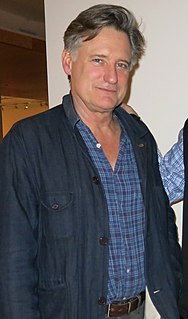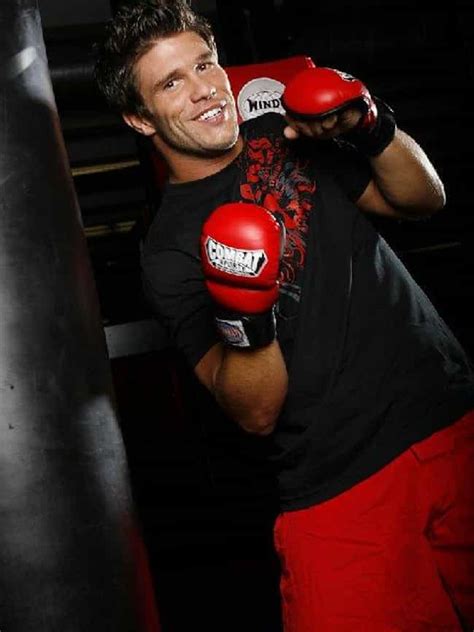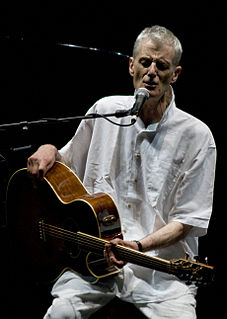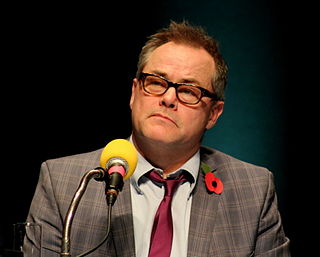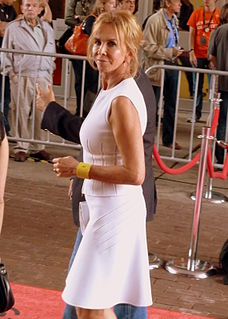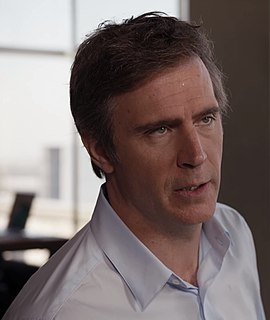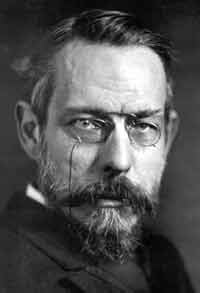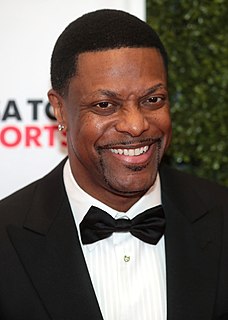A Quote by Tig Notaro
Stand-up is very broad strokes, kind of a skeleton of a story or something.
Related Quotes
Yeah? Can you draw a skeleton riding a motorcycle with flames coming out of it? And I want a pirate hat on the skeleton. And a parrot on his shoulder. A skeleton parrot. Or maybe a ninja skeleton parrot? No, that would be overkill. But it'd be cool if the biker skeleton could be shooting some ninja throwing stars. That are on fire.
One of the things that I was kind of holding on to from 'The Daily Show' was there was an exhaustion that I would feel because we just kind of got caught up in the news cycle. You tell a story, and that's an interesting story, and then the next day we have to drop it and talk about something else. That's so unfair to the story and the people.
In stand-up you can go either way. It's live. Somebody might say something in the crowd, you might respond to it. But in a movie you could be spontaneous too. But you pretty much have to stick to that story or that scene or that script, but in stand-up you can go wherever you want to. It's more freedom.


